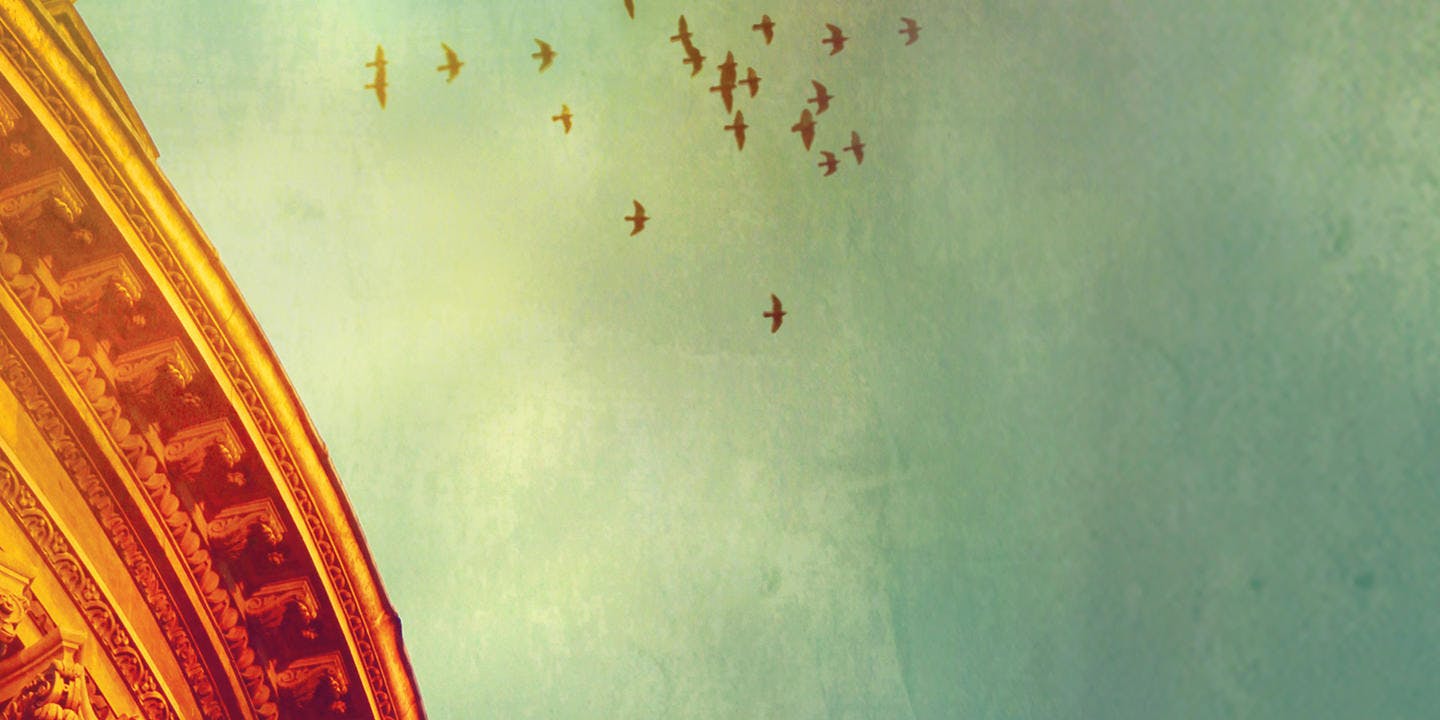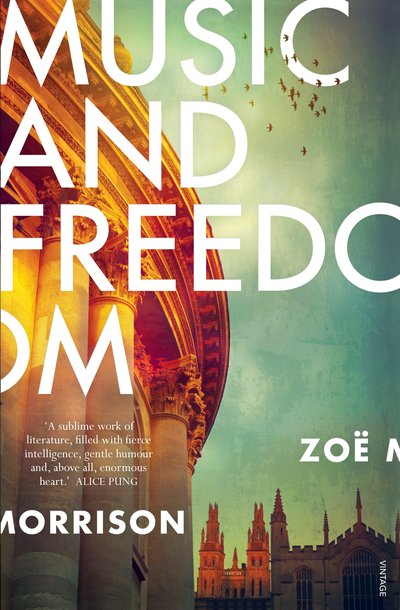A debut novel to savour: Zoë Morrison’s Music and Freedom.
At its heart, Zoë Morrison’s gripping debut novel, Music and Freedom, is the love story of a woman who must embrace life again if she is to survive. Inspiring and compelling, it explores the dark terrain of violence and the transformative powers of music and love. Explore the questions below and spark a memorable discussion at your next book club meet-up.
READING GROUP QUESTIONS
- Zoë Morrison has said of the title of her book: ‘I wanted to invoke that feeling I get when I'm listening to music I love. That levity, that flight into beautiful feeling… And the book includes a complex and at times intellectual and political − as well as emotional − relationship with the art and practice of music, in its many forms.’ As the novel draws to a close, what do you make of the title, Music and Freedom?
- Music is a driving force throughout the story; Morrison’s prose is suffused with melody. Do you think that in the end music helped to free Alice?
- There is a terrible darkness at the heart of the novel, as Alice must endure the unendurable. How different do you think her life in Cardwell Road would have been had she and Edward married thirty years later?
- Friendship is an important theme of the novel. Discuss how powerful friendship can be in one’s salvation, or how limited a role it might have?
- Emily’s presence in Alice’s life changes everything. What do you suppose would have come of Alice had she not met Emily?
- In many ways Emily is a product of her times, just as Alice is a product of hers. Yet the trajectories of their respective lives also contribute to the people they become. Why do Emily and Alice form such strong rapport and mutual recognition?
- Richard’s behaviour towards his mother could be perceived in several different lights. What do you make of him as a character and son?
- Oxford, the town, and the University of Oxford, have been much depicted, romanticised and venerated in film, television and literature. In this novel there is a certain edge to the evocation of the university town. Morrison studied human geography at Oxford while also running a children’s choir on a notorious public housing estate there. How do you think this would have informed her depiction of the ‘dreaming spires’?














